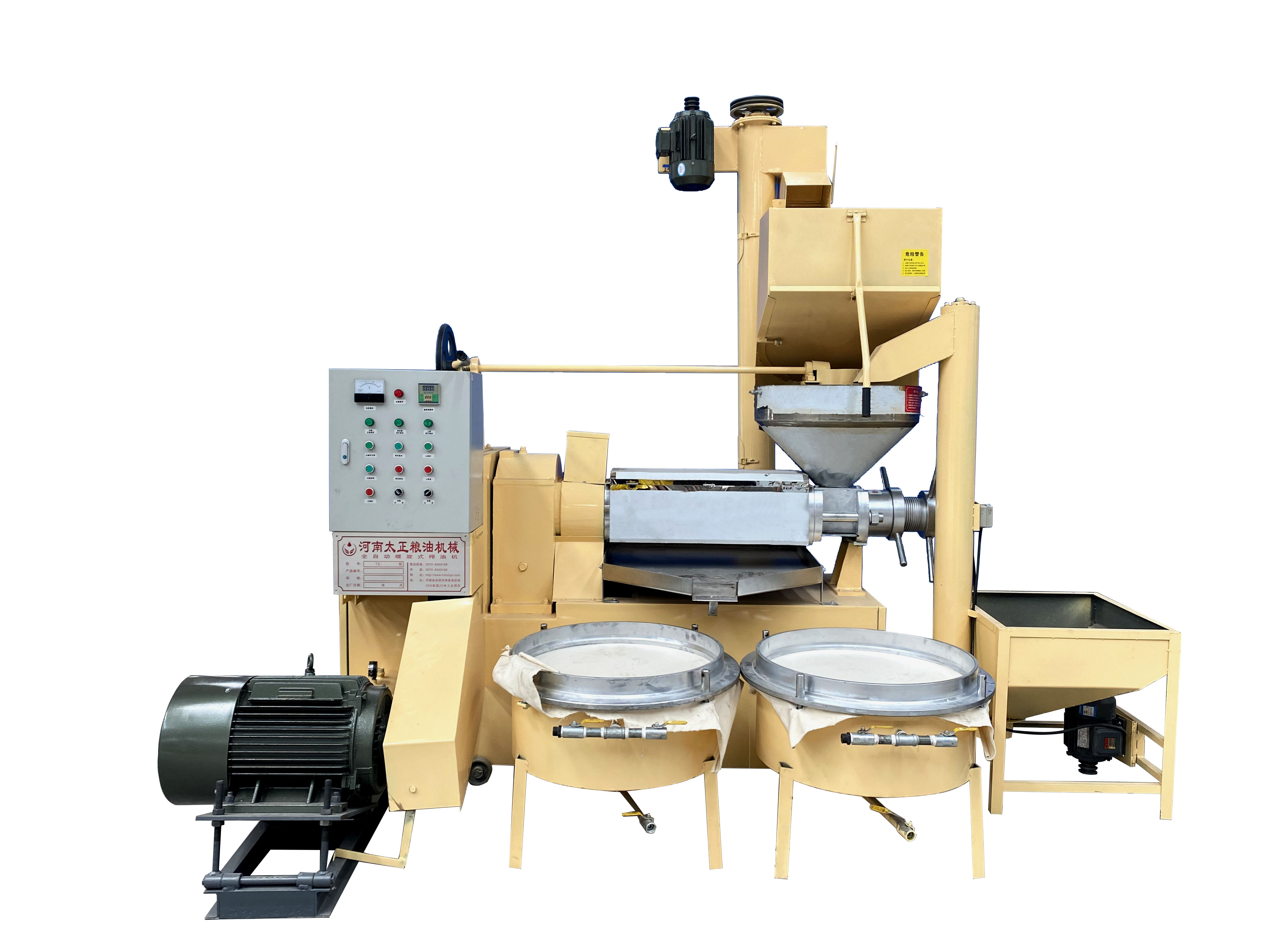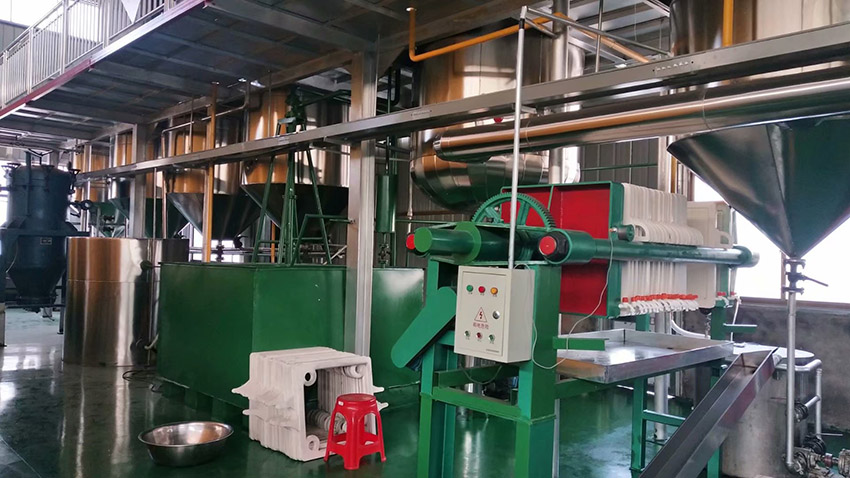For more than 150 years, the world has been unswervingly committed to sustainably feeding the global population. The global population will grow from 7 billion today to more than 9 billion by 2050. Changes in consumer values and climate change are taking place. Food processing and agricultural systems must be improved. One of the biggest challenges facing oilseed processing is to maintain food supply. At the same time reduce waste and contribute to the reduction of greenhouse gases.

Technology, digitization and applications-various forms of innovation have provided support for meeting the challenges of the global food system: whether it is achieving zero hunger, satisfying consumer preferences, creating safer workplaces, and providing transparency to our food system, Instead of fossil fuels, agricultural technology should be improved.
Innovation is not a matter of a company, university or technology platform. This is why the different technical improvements proposed in this article will help the development of the oilseed processing sector.
The safety of edible oil and edible protein is a major challenge of this century. It must be addressed to protect human health while ensuring the self-sufficiency of protein and oil, which plays an important role in trade and national economy. The challenge is how to extract oil from oilseeds while maintaining the quality of protein in a more effective way and using sustainable processing methods to eliminate unwanted compounds.

An important challenge in the production of fats and oils is to use (or not use) solvents to solve economic, health and environmental issues. The well-known hexane leaching process can be replaced by greener solvents or the use of specific surfactants, and articles related to these alternatives can be found in the relevant literature.
Scientific oil extraction methods can help us understand and optimize the entire process of oilseed processing, which is an important advancement, reducing the use of energy or solvents while ensuring the quality of protein and oil.

At the same time, a system needs to be developed to recycle by-products, wastewater and waste from the processing process and convert them into chemical molecules used to make new materials and products.
By creating a model that degraded organic carbon can be reused for production materials, it is possible to solve new chemical products recovered from the agricultural sector for industrial and pharmaceutical applications on the market, and adding value to the oilseed processing industry is a challenge facing our industry. .
Finally, we must not forget the impact of agriculture (like all industries) on the environment. Studies have shown that agriculture accounts for 15% of global greenhouse gas emissions, and has a greater risk of rapid climate change. Agriculture can meet the growing demand for food. Farmers are flexible entrepreneurs who do more with less money.
Copyright © Henan Zhongxing Grain And Oil Machinery Co.,Ltd. All Rights Reserved. Powered by MetInfo